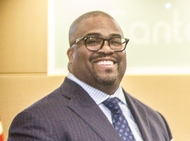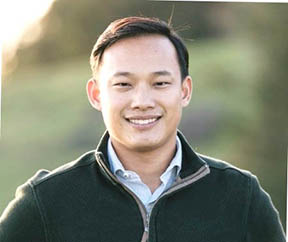
GUEST OPINION
This guest opinion piece originally appeared in Friday’s Daily Post. To keep up on what’s happening locally, pick up the Post in the mornings at 1,000 mid-Peninsula locations.
BY LE LEVY
To settle a lawsuit brought by two formidable organizations — the ACLU and the NAACP — Palo Alto advanced its plan last month to open Foothills Park to the general public.
That plan ensures that Palo Alto retains the power to manage this special place, including priority reservation access for all residents. There is now a petition being circulated to reverse the 5-2 council vote.
While I have long supported a more neighborly approach than the 55-year-old “residents and guests only” restriction, I did not support this recent lawsuit. But that lawsuit happened.
Palo Alto was pilloried in the press over it with more than 25 local and national news stories about this issue since June. The city had no choice but to promptly respond to the lawsuit.
Now, a referendum petition drive is asking residents to postpone opening the Park and put it on the 2022 ballot. In the meantime, this will likely force the litigation to proceed.
As a former mayor who has been previously tasked with balancing the interests of the city when faced with significant litigation, I strongly believe the council’s resolution is the only sensible step. For several reasons, we should not attempt to reverse their action:
Signing a petition to put this on the 2022 ballot will plunge the city into costly litigation. If the petition is signed by just 6% of registered voters, it will suspend the resolution until the next city election in 2022 and thus effectively force the city to litigate — at enormous cost.
The city is likely to lose that litigation. As the city attorney has acknowledged, the old policy is an aberration — no other municipality in California “limits access to park land to residents and their guests” — and it is difficult (perhaps impossible) to defend in court because all persons’ First Amendment rights to freely assemble and express themselves are “nowhere stronger than in streets and parks.” (City Manager Report 11706.) Similar “resident-only” ordinances around the country have been successfully challenged on exactly these grounds.
If we lose, the city will be on the hook for millions of dollars in plaintiffs’ legal fees, plus our own costs of defense. Plaintiffs are entitled to their legal fees, but they have agreed to forgo those if the city settles now. Legal fees are very likely to be several millions of dollars.
And, in court, the city may well be outmatched. Plaintiffs are represented by the ACLU and one of the most highly regarded law firms in the nation. The team litigating against the city is made up of lawyers who clerked at the highest courts in California and the nation. In contrast, the city is represented by a two-person law firm.
The city will lose the benefits of this compromise. In addition to saving millions in legal fees, the settlement ensures that the city may give priority to residents for reservations and any future entry fees. It also makes clear that Palo Alto can manage the park as it sees fit. In court, the city could well lose all these concessions.
Litigating against the NAACP and ACLU is also a public relations nightmare. Every filing will be followed by regional and national media, with an unfortunate glare placed on Palo Alto. Our reputation for inclusion and environmental stewardship may well be irreparably tarnished if we fight this case.
In short, signing this petition causes litigation to continue. And, there is little likelihood that Palo Alto will “win.”
Facing a difficult situation, the City Council struck the best resolution possible, as evidenced by the supermajority of the council — from across the usual political divide — who supported this.
Let’s turn the page on this issue, take control of the narrative and move forward with as much local control as possible.
Le Levy was on City Council from 1979 to 1991 and was vice mayor in 1984 and mayor in 1985.



